SIG 20-26 meeting 2018
SIG 20 - 26 meeting 2018 : 9th - 12th of October, 2018, Jerusalem, Israel
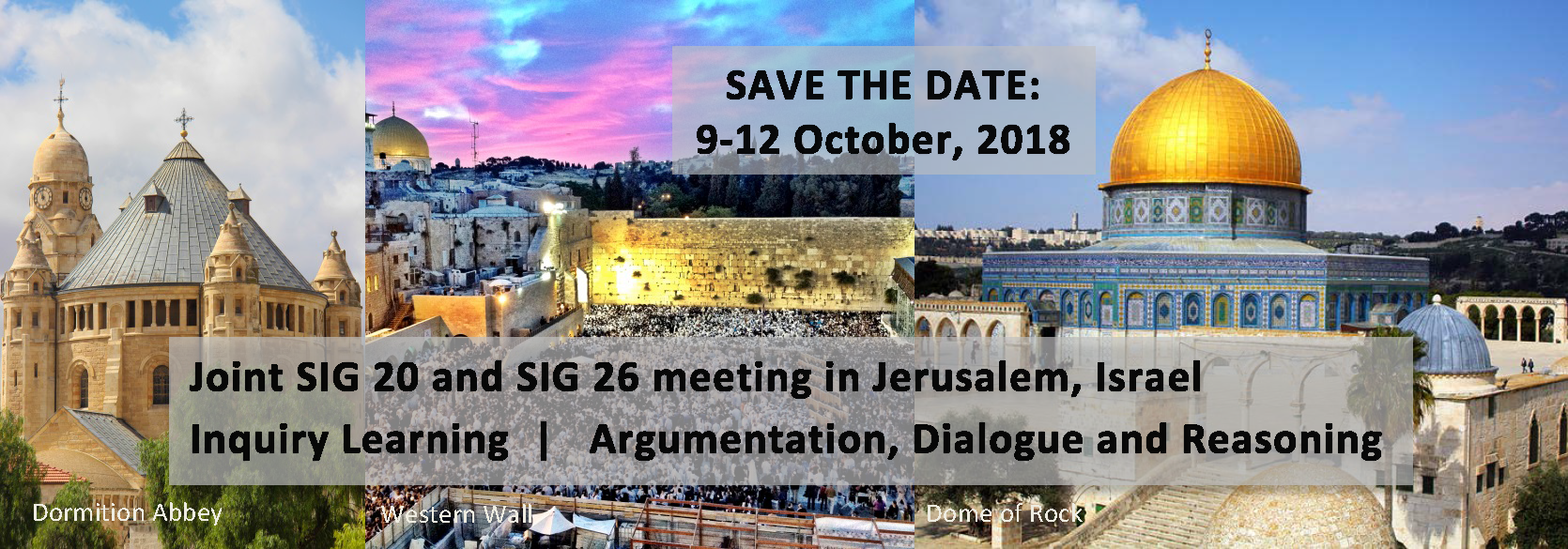
NEW: The final program for the conference has been updated on August 28. You may find the program as pdf file in the "Program Overview" section below.
We are pleased to invite you to the Joint 2018 Meeting of the EARLI Special Interest Groups 20 (“Inquiry Learning") and 26 (“Argumentation, Dialogue and Reasoning”). The theme of the conference is “Argumentation and Inquiry as Venues for Civic Education”. The conference will be held from Tuesday the 9th to Friday the 12th of October 2016 in Jerusalem, Israel. We will relate to the significance of this historic place to raise issues about multiculturalism in conjunction with inquiry, argumentation, dialogue and reasoning.
The conference provides an opportunity to recognize how argumentation and inquiry can be seen as venues for civic education. Especially in the “post-factual” era, it seems important to better understand how students at different educational levels and in different educational contexts collect, use, and argue with scientific and non-scientific data and information to develop (a) explanations for scientific phenomena and (b) positions in societally relevant, science-related debates, including Science and Humanities. Such an understanding may form the basis for the design of both traditional and technology-enhanced learning environments that support students in their inquiry, argumentation, thinking and reasoning processes.
The joint meeting in Jerusalem will offer both opportunities for rather “pure” sessions that are organized by either SIG 20 or SIG 26, but also for sessions that bridge between the two SIGs. Thus, there will be plenty of opportunities to connect to members of both SIGs, both during sessions as well as during coffee and lunch breaks.
We are honored to present our four keynote speakers to you.
The keynote speakers that will represent the SIG 20 community will be:
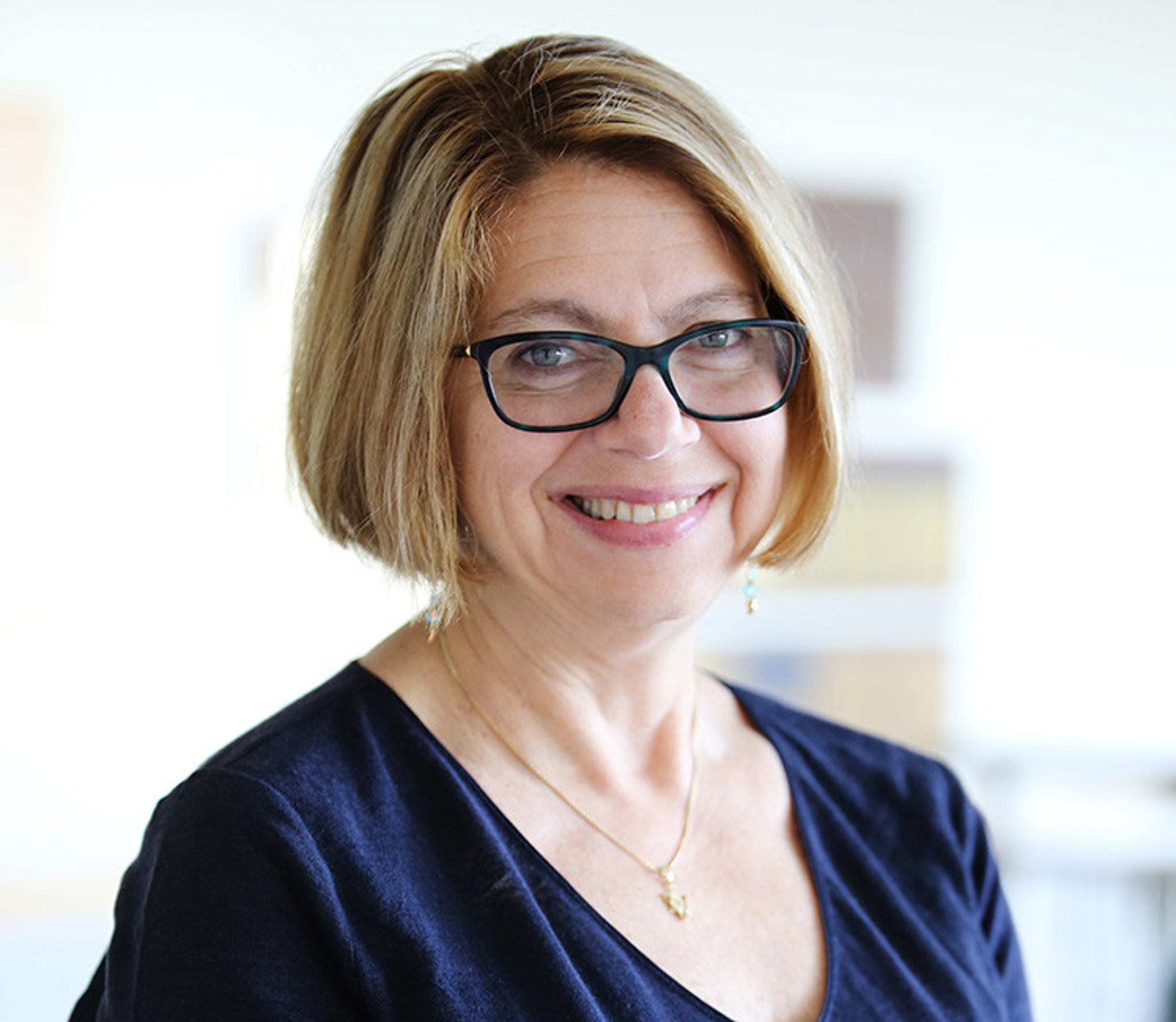
Cindy Hmelo-Silver
"From robots to sparrows: Technology-supported inquiry learning across time and space"
http://cogs.indiana.edu/people/profile.php?u=chmelosi
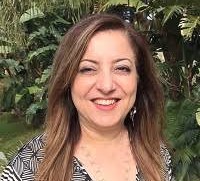
Eleni Kyza
"Transforming learning and teaching through inquiry for responsible citizenship"
http://ktisis.cut.ac.cy/cris/rp/rp00051
The keynote speakers that will represent the SIG 26 community will be:
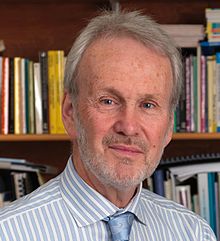
Robin Alexander
"Whose discourse? Dialogic pedagogy in a post-truth world."
https://www.wolfson.cam.ac.uk/people/professor-robin-alexander
and https://www.robinalexander.org.uk/
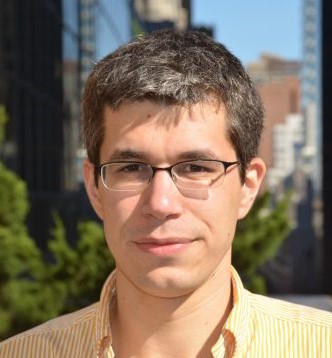
Hugo Mercier
"Evolution and development of the social functions of reason"
http://l2c2.isc.cnrs.fr/drupal7/en/node/2502
and https://sites.google.com/site/hugomercier/
The Venue
The venue
Jerusalem is one of the main sources of spiritual and emotional perspectives of the three major monotheistic religions. For Jews, throughout the world it is the focus of age-old yearnings, a living proof of ancient grandeur and independence and a center of national renaissance; for Christians, it is the scene of Jesus’ agony and triumph; for Muslims, it is the goal of the Prophet Muhammad’s mystic night journey and the site of one of Islam’s most sacred shrines. For all three faiths, it is a holy city, a center of pilgrimage, and an object of devotion.
Despite a rapidly changing demography, Jerusalem has retained a diverse and cosmopolitan character, particularly in the walled Old City with its Armenian, Christian, Jewish, and Muslim quarters: Arabs in traditional and modern attire; Christians, Western and Oriental, in their infinite variety of secular garb and monastic vestments; Jews in casual and Orthodox dress; and hosts of tourists combine in colorful, kaleidoscopic patterns. Synagogues, churches, mosques, and dwellings in various styles make up the city’s unique architectural mosaic. Sunlight falling on the white and pink stone used for all construction gives even quite mundane buildings an aura of distinction. The scent of cooking and spices, the peal of church bells, the calls of muezzins from minarets, and the chanting of Jewish prayers at the Western (Wailing) Wall all add flavor to the life of the city. The absence of vehicular traffic within most of the Old City helps preserve its special character. Yet outside the walls, Jerusalem is in every sense a modern city, with its network of streets and transportation, high-rise buildings, supermarkets, businesses, schools, restaurants, and coffeehouses. The persistent mingling of Hebrew, Arabic, English, and other languages in the streets brings to mind the multicultural and political complexities of life in this revered city.
The Mount Scopus (Hebrew: Har HaTzofim הר הצופים) is home to the main campus of the Hebrew University of Jerusalem. It is located in the north-eastern part of Jerusalem (near to the Old City). This campus reflects the cultural and historical diversity of the city, as Arab, Christian and Jewish students study in the Faculties of Humanities, Social Sciences, Harry S. Truman Research Institute for the Advancement of Peace, Rothberg International School, and the Mandel Institute of Jewish Studies.
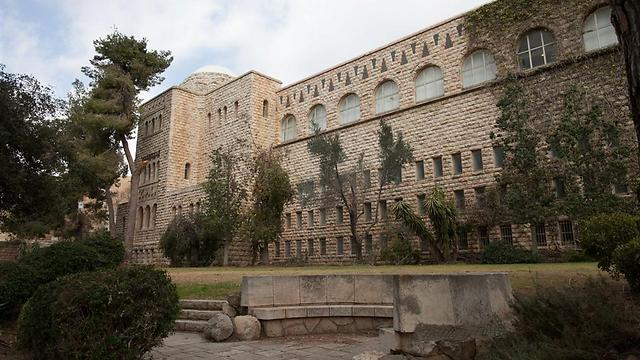
For touristic information on the city of Jerusalem, one may consult the site:
The conference site
The conference will take place at the Mount Scopus Campus in Jerusalem, Israel
general page for visitor info http://new.huji.ac.il/en/page/151
link to the History of the Hebrew University of Jerusalem: http://new.huji.ac.il/en/node/452
map of the campus: http://www.huji.ac.il/huji/maps/mtscopusCampus.htm
how to get there: http://new.huji.ac.il/en/page/1076
Recommended Hotels
There are no discounted hotel room rates available for conference participants. However, you might find the following list of recommended hotels and hostels useful for your travel planning.
Recommended hotel in walking distance from the conference site at Mt Scopus
200$ - 235$ per night
32 Lehi st.
- Area: Mt. Scopus, 10 min walking distance from campus.
- Buses to Mt Scopus campus: 42, 53, 68, 2001 (5 min).
The Beit Maiersdorf Faculty club
The Beit Maiersdorf Faculty club at the Mt Scopus campus has about 20 rooms for guests of the Hebrew University. Rooms are simple but comfortable and reasonably priced. Check for availability, prices and reservations directly with the Faculty Club (by mail) https://en.bmfc.huji.ac.il/amenities
List of selected hotels and hostels around the old city and city center
Transportation from the area around the Old city and the city center is by public transportation (light rail and/or bus – recommended to use the Moovit app) or taxi and takes at least 20 min.
250$ per night
26 King David st.
- Area: an affluent and quiet neighborhood, walking distance from the old city. The building’s architecture and surrounding gardens are beautiful.
- Buses to Mt Scopus campus: Buses 34, 18, 49. (25 min).
400$ per night
3 Jabotinsky st.
- Area: quiet neighborhood, close to parks and the old railway station complex. Walking distance (up hill..) from city center.
- Buses to Mt Scopus campus: 10 minutes walk to Buses 17, 19 and 34. (40 min).
$150-$180 per night
208 Jaffa st.
- Area: city entrance, close to Mahne Yehuda market, walking distance from city center and the central bus station.
- Buses to Mt Scopus campus: 68 direct line, 19 & 17 bus lines a few minutes’ walk away (25 min).
$140 per night
21 Shamai st.
- Area: city center, close to the old city
- Buses to Mt Scopus campus: 17, 19, 34 (20 min).
120$ (non refundable)-140$ per night.
A triple room for 190$.
8 Ibn Khaldoun st.
- Area: East Jerusalem
- Buses to Mt Scopus campus: 17 & 19, pass every few minutes (15 min).
100$ per night
Sheikh Jarrah st. 10
- Area: East Jerusalem.
- Buses to Mt Scopus campus: 17, 19, 34 bus lines (10 min).
118$ per night,
$30 for a bed in a dorm (6 beds).
67 HaNevi’im st.
- Area: city center, close to Mahne Yehuda market.
- Buses to Mt Scopus campus: a few minutes’ walk away bus lines 17, 19, 34 (20 min).
110$ per night.
24 Abarbanel st.
- Area: quiet residential area, close to museums and walking distance from city center.
- Buses to Mt Scopus campus: on route of buses 17, 19 and walking distance from bus 34. (30 min)
79$ per night
$26 for a bed in a dorm (6 beds).
21 King George st.
- Area: city center, very lively st. restaurants and pubs, close to the old city.
- Buses to Mt Scopus campus: bus lines 17,19, 34 (20 min)
Transportation from the airport Ben Gurion (TLV) to Jerusalem
By train (NEW!):
The trainline between the airport and Jerusalem central station has just been inaugurated! Trains will run every 30 min. Info and purchase of tickets at the website https://www.rail.co.il/en
(there might be no option for seat reservation, though)
By bus:
Take the free shuttle from the Arrival gates to the Airport bus station. Then take bus line 485 to Jerusalem central bus station.
By shuttle:
Nesher tours - The company provides 24-hour a day door-to-door transportation service according to the Arrivals schedule at the airport. There is no need for reservation. Shuttles leave when full.
The prices are $17.5 per person for the address specified by the passenger, or $11.25 per person to the central bus station in Jerusalem.
By taxi:
Taxis leave from the Arrivals gates. The flat rate to Jerusalem (recommended) is $69 to + $1.1 per suitcase. Night rates (21:00 to 5:30) are $83 + $1.1 per suitcase.
Please note that there is no public transportation during the Sabbath (which runs from Friday afternoon at sunset to Saturday night). Taxis and shuttles operate as usual.
More useful information for your stay
Where to eat?
Mahne Yehuda market and surroundings is home to many small eateries and street eats, among busy vendors selling fresh fruits, vegetables, fish and meat. This is a place to explore and try new dishes of traditional foods from the many different countries that Jews immigrated from.
City center is the place to find big chains and more touristic establishments. This is a place to find hummus, shoarma pizza and hamburger places, as well as many vegetarian and vegan options and upscale chef restaurants
The old railway station is a nice area with shops, coffee shops and restaurants. Some establishments are open on Saturday.
Where to hang out?
Emek Refaim and the German Colony neighborhoods are a lively neighborhood with little shops and restaurants on the main street. The Smadar movie theater is nearby.
Nahalat Shiva’a in the city’s center is a charming street with numerous pubs, coffee shops and galleries which stay open until the late hours.
Mahne Yehuda market changes its appearance at night, when the busy market closes down and restaurants, bars and live music take over.
Logistics and useful information
Payments
Most establishments accept credit cards or cash (New Israeli Shekels - NIS). Please note that most establishments do not accept foreign coin or debit cards (PIN passes)!!!
Public transportation
Buses are fast and frequent, although they may not be as punctual as this is still the middle east 😊. Egged Bus Routes no. 17, 19, 19a, 30, 34, 46, 68, 69 all stop at Mount Scopus. The light rail stops close to the campus (a free shuttle will take you from the station up the hill to campus, leave every 15 min)
Moovit is a useful free app available on google play as well as on itunes, simply enter your current location and your destination and follow the instructions on the map to the closest bus station.
WiFi
Free and strong signal, in the campus as well as in most public areas in the city and hotels.
Electricity
Most power sockets are type H and the standard voltage is 230V. If needed, bring a power adapter and voltage converter.
People
Most people know at least basic English, and many around campus and touristic areas will be fluent. Though their manners might read as overly assertive at first, most Israelis will be friendly and will go great lengths to help if needed.
You will undoubtedly see many armed people in uniform - soldiers, cops and border patrol officers especially in crowded Areas and in central bus stations. While this maybe alarming at first, most of them are just youngsters on their mandatory service.
Culture and religion
Religious places and streets: While modern, vibrant and surprisingly liberal, Jerusalem is a holy sanctuary to many different religions. Therefore, especially in certain streets, synagogues, mosques and churches in the old city, it is recommended to carry a light scarf to cover bare shoulders/knees.
Shabbat: Buses, most restaurants, cafes, stores and attractions will cease to work on Friday late afternoon and only resume activity on Saturday evening. It is important to take this into account and plan accordingly. Taxis continue to work throughout the Shabbat, as well as museums and some establishments, check this website to make sure.
Food and water
Israel is famous for its varied and excellent cuisine. There are many great options for vegetarians and vegans as well, explore and enjoy.
The tap water is good to drink, and it is important to remember to drink a lot and carry water with you as the days are hot, even in mid-October. There are many vending machines and water coolers around the campus area and in many areas in city center as well.
Maps
https://www.itraveljerusalem.com/article/jerusalem-map/
https://www.itraveljerusalem.com/article/old-city-map/
Conference registration
You can register for the conference after login to the EARLI web-page: https://www.earli-eapril.org
There, in your dashboard, you will find EARLI SIG 20 and 26 conference in the section Upcoming Conference. Click on "register" and you will be let through the registration process. There is a discount fee for EARLI members. So, if you wish to register as EARLI member and you are not a member so far, please first buy the membership in the section My Recent Orders and then register for our conference.
Please find the preliminary program overview and the conference fees below.
Conference dinner
In line with the short but intense tradition of our joint EARLI SIG 20 and SIG 26 meetings, we will have a terrific conference dinner at a beautiful location in the Judean hills on Wednesday, October 10th. We would be happy to welcome you for this dinner.
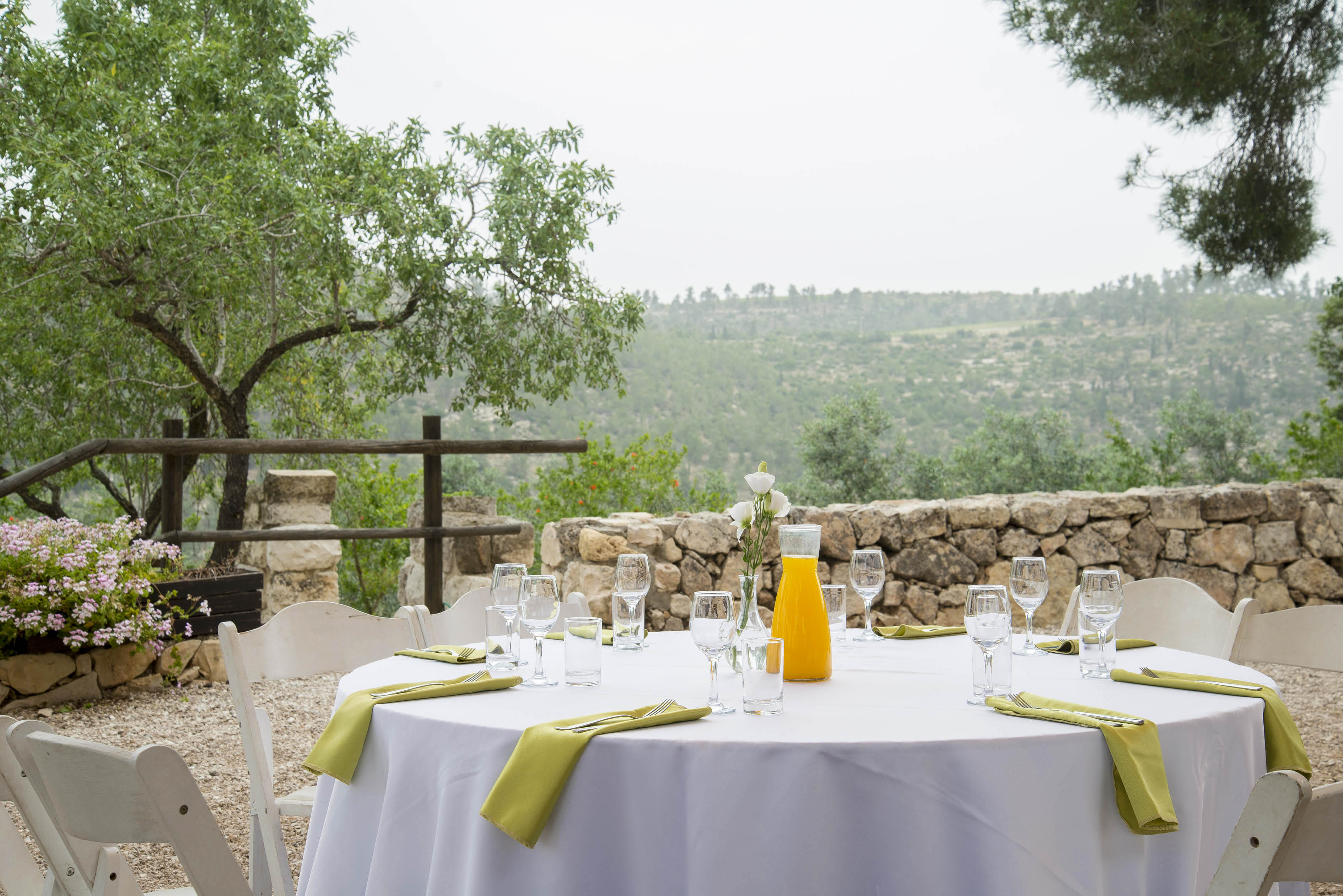
Conference fees
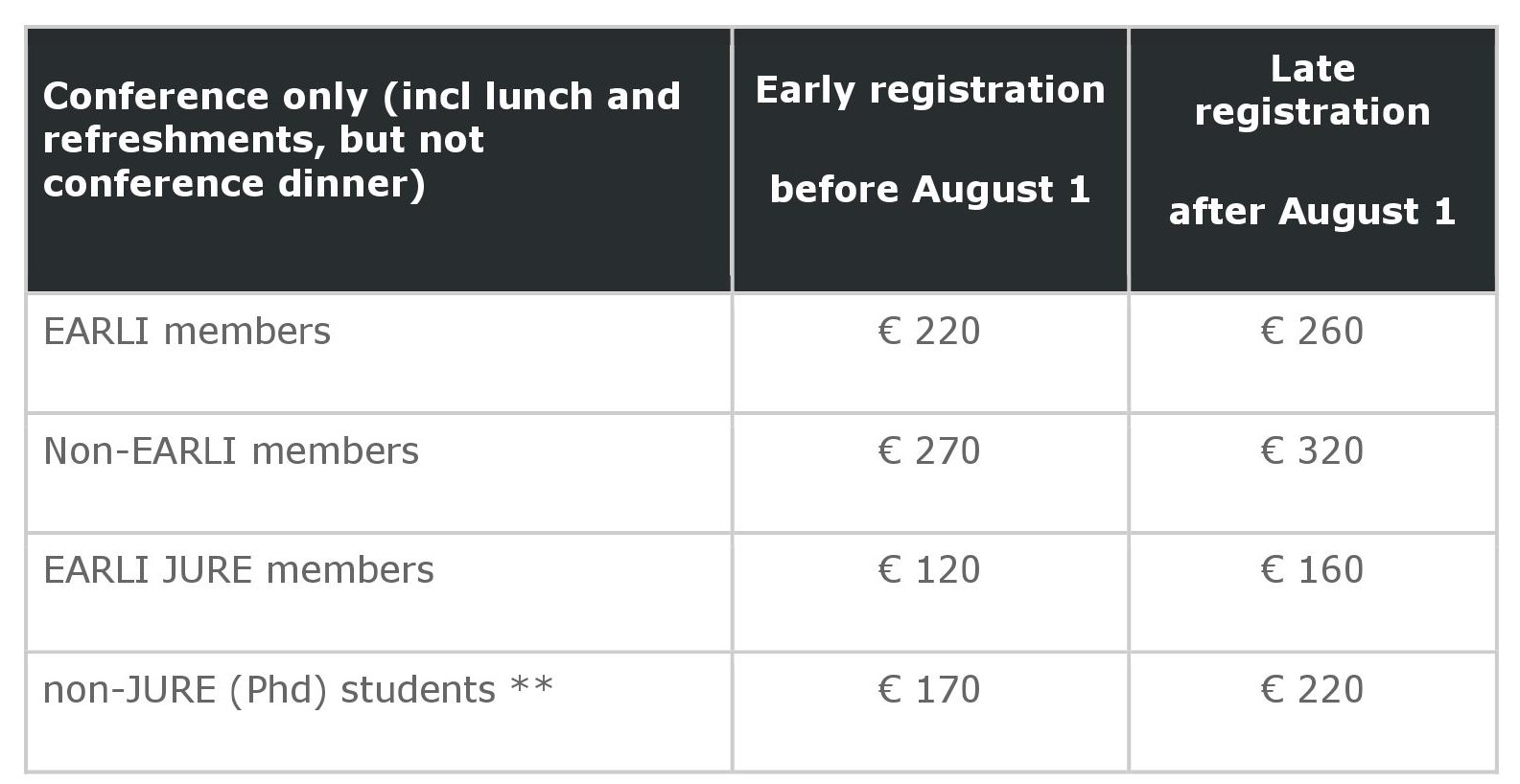
Program overview
New: The final program is now online and available as download below. (updated on 28 August, 2019)
Here is the program overview:

Please download the detailed program for the conference as pdf below:
When preparing your presentation for the conference, please consider the following information about each presentation format:
Paper presentations:
The paper sessions usually include four paper presentation and last 90 minutes. This means, you will have a maximum of 15 minutes to present your paper plus 5 minutes to discuss your paper with the audience. Please prepare your presentation accordingly to get the most out of your session.
In each paper session, there are 3 or 4 presentations. No chair has been assigned to these sessions. We ask the presenters in these sessions to be auto-organized. The last presenter of the session is invited to chair the session -- by inviting presenters and by keeping time. Each presentation will be 15 minutes plus 5 minutes for discussion. Signs with "5 min. left", "1 min. left" and "0 min. left" will be available in each conference room. -- When the time for the last presenter (who acts then as the chair) comes, one of the previous presenters is asked to introduce her and to act as the chair of the session for the last presentation. Thank you for your cooperation.
Symposia:
The symposia will last 90 minutes. We leave it up to the organizer of each symposium to plan how to use this time. The most classical way would be to have 10 minutes for each a general introduction and every single paper. Then using the remaining time for the discussant and a discussion with the audience. However, any other layout of your symposium is very welcome.
Poster presentations:
There will be two different time-slots for the poster presentations to allow each poster enough time and space to be seen. Posters with similar topics will stand together as suggested in the program. The presenters of the posters are expected to be at their poster for the whole poster session to get in contact with their interested audience. It can be recommended to prepare a short "elevator pitch" to very shortly present the key findings of your poster when asked. However, there won't be a general public presentation of each poster.
Please consider the following details when preparing for your poster presentation:
Poster format: up to a maximum of 700 mm X 1000 (which is in between DIN A1 and DIN A0 - with DIN A1 you will be completely fine); portrait or landscape format, both possible.
We will provide pins to attach the posters to the wall.
We can recommend to have some DIN A 4 printouts of your poster available, so interested people can take one home. But this is not necessarily required.
As you can see in the program, your poster has a unique number. The posters will be thematically grouped and there will be a unique poster-board with your poster number on it. Please make sure that you know the number of your poster and put it on the poster board allocated to you. Thank you for your cooperation!
ICT demos:
ICT demos will be happening concurrently in one room. Each presenter will have about 2 minutes to give a teaser. After that, the audience can select which ICT tool they would like to have a look at more specifically. Participants may also switch between demos during the 90 minutes slot.
JURE paper and poster presentations:
The JURE paper and poster presentations won't be different in their format from the other paper and poster presentations. So, you can just follow the suggestions above. Nevertheless, there will be a senior member of the community dedicated to you to attend your presentation and find some time to discsuss your research throughout the conference. Further information will be sent to all JURE presenters via email.
Jerusalem City tour on Thursday, October 11
On Thursday, 11/Oct/2018, you are welcome to join us on an exciting journey to a very unique city, holiest to all three monotheistic religions, built on four thousand years old stones and stories, beloved home to people from many different cultures. We will show you many of the city’s treasures (the Western wall, the Church of the Holy Sepulchre, and many more), as we re-trace the footsteps of kings, merchants and prophets, through narrow streets and markets. We will have a Kanafeh (delicious pastry) and coffee, which is a must in the old city.
The journey will end in Jerusalem’s bustling, lively and colourful Machne Yehuda market. The city’s vibrant and contemporary culinary scene, featuring an exciting fusion of cultures, tastes and cooking traditions from around the world.
The cost of the tour is 20 € and can only be purchased in advance via the EARLI regsitration page: https://www.earli-eapril.org/login until September 29. There, you can order the item "Jerusalem guided city tour" regardless of your previous orders.
Itinerary:
- 16:30 Gathering at the Hebrew university Mt. Scopus’ campus
- 16:45 Mt. Scopus scenic views of Jerusalem – a short explanation of the city’s history and a nice photo op.
- 17:30 Jaffa gate in the Old City – the old city’s square for more than four hundred years.
- 18:00 The Church of the Holy Sepulcher in the Christian quarter – the holiest place of the Christian world.
- 18:45 Coffee and kanafeh in the Muslim quarter – walk through the old city market.
- 19:30 Western wall in the Jewish quarter – the holiest place of the Jewish world.
- 20:30 The trip ends in Machne Yehuda market – we highly recommend independent exploration to experience Israel’s unique and varied cuisine, taste local wine and beers in one of the liveliest areas in the New City of Jerusalem.
People and contact
The SIG 20 scientific committee consists of:
- Ton de Jong (University of Twente, Netherlands)
- Bram De Wever (Ghent University, Belgium)
- Yiannis Georgiou (Cyprus University of Technology, Cyprus)
- Hannie Gijlers (University of Twente, Netherlands)
- Janice Gobert (Rutgers University, USA)
- Cindy Hmelo-Silver (Indiana University, USA)
- Tomi Jaakola (University of Turku, Finland)
- Juliane Kant (University of Tübingen, Germany)
- Ingo Kollar, University of Augsburg
- Eleni Kyza (Cyprus University of Technology, Cyprus)
- Ard Lazonder (University of Nijmegen, Netherlands)
- Piia Näykki (University of Oulu, Finland)
- Margus Pedaste (University of Tartu, Estonia)
- Annelies Raes (KU Leuven, Belgium)
- Tammy Schellens (Ghent University, Belgium)
- Jim Slotta (Boston College, USA)
- Daniel Spikol (Malmö University, Sweden)
- Koen Veermans (University of Turku, Finland)
- Jouni Viiri (University of Jyväskylä, Finland)
- Wouter van Joolingen (Utrecht University, Netherlands)
- Michiel Voet (Ghent University, Belgium)
- Astrid Wichmann (Ruhr University Bochum, Germany)
- Susan Yoon (University of Pennsylvania, USA)
The SIG 26 scientific committee consists of:
- Christa Asterhan (Hebrew University of Jerusalem, Israel)
- Michael Baker (CNRS Telecom ParisTech)
- Frank Fischer (Ludwig-Maximilians-Universität München, Germany)
- Jonathan Osborne (Stanford University, USA)
- Anne-Nelly Perret-Clermont (Université de Neuchâtel, Switzerland)
- Baruch Schwarz (Hebrew University of Jerusalem, Israel)
- Freydis Vogel (Technical University of Munich, Germany)
- Christof Wecker (Universität Passau, Germany)
- Rupert Wegerif (University of Cambridge, UK)
- Armin Weinberger (Saarland University, Germany)
For more information regarding the Joint SIG 20 and SIG 26 meeting “Argumentation and Inquiry as a Venue for Civic Education” in Jerusalem, Israel, on 9-12 October 2018, please visit the conference website https://earli.org/SIG20-26
The local organizing committee can be reached through earlisig2026@gmail.com
We are very much looking forward to meet you all in Jerusalem next fall!
(for more information about Jerusalem, see https://www.jerusalem.muni.il/en/Pages/default.aspx)
Your SIG 20 and 26 coordinators,
SIG 20 SIG 26
Bram De Wever Baruch Schwarz
Ingo Kollar Armin Weinberger
Yiannis Georgiou (Jure Assistant coordinator) Freydis Vogel (Jure Assistant coordinator)
#earlisig2026
